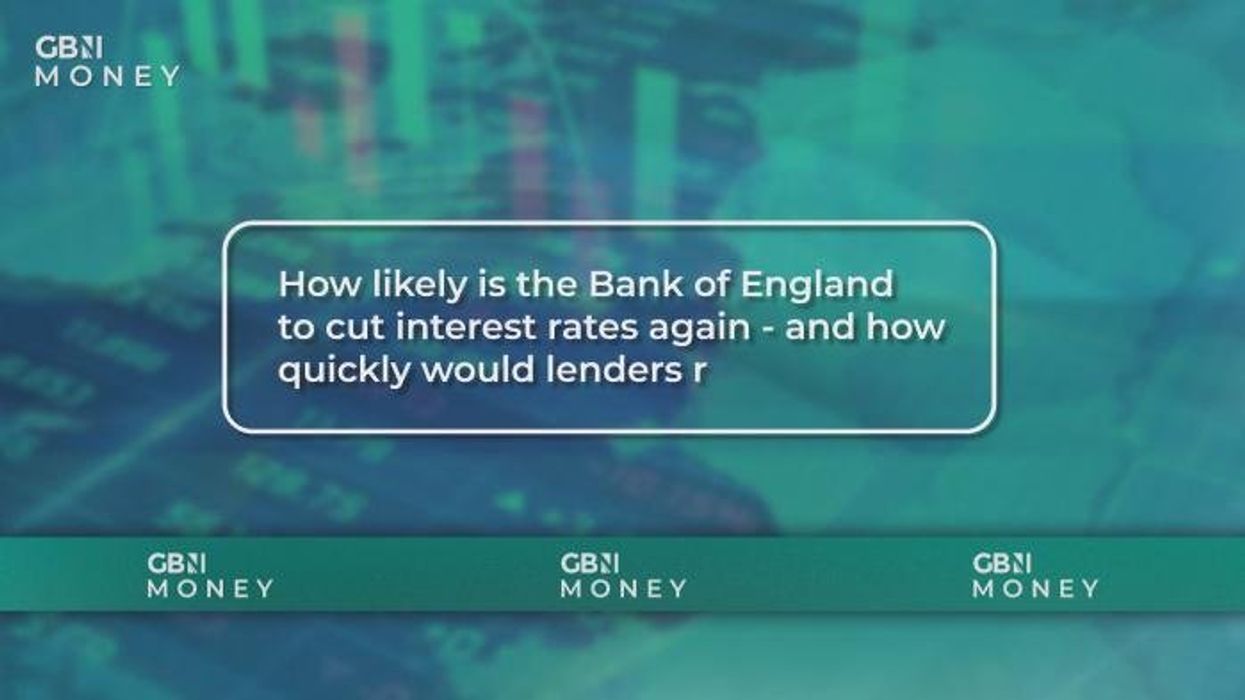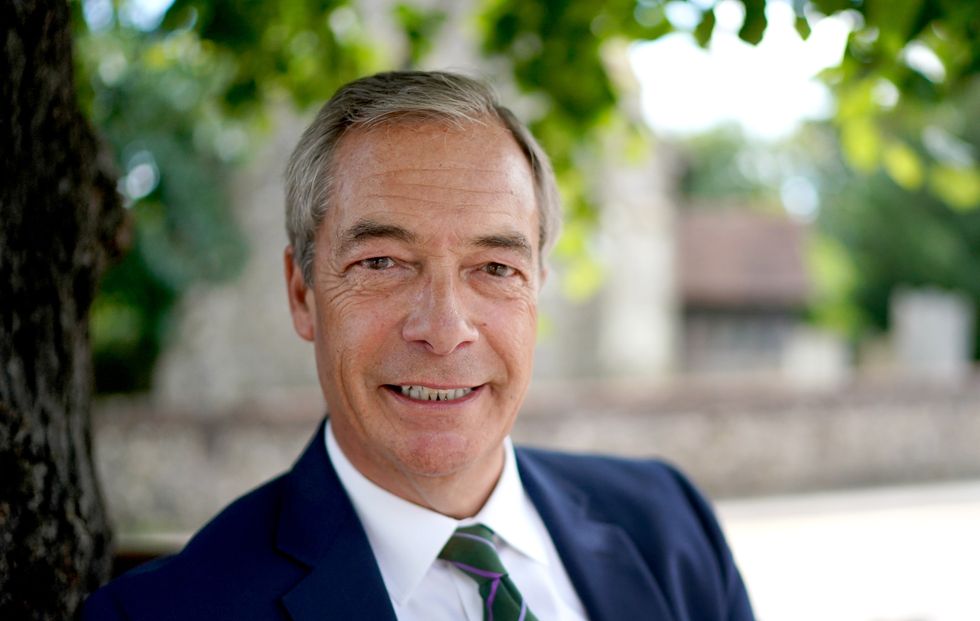DWP may turn Universal Credit claimants into 'second-class citizens' via debanking, MPs claim

How likely is the Bank of England to cut interest rates again? |
GB NEWS

New powers will be awarded to the DWP which could see Universal Credit claimants debanked through a strict surveillance regime
Don't Miss
Most Read
Latest
The Department for Work and Pensions (DWP) has been warned not to debank Universal Credit claimants in the wake of new legislation that grants ministers authority to examine banking details of benefit recipients.
MPs are cautioning the department, led by Pat McFadden, citing that algorithmic surveillance could ensnare millions of innocent citizens in investigative sweeps.
The Public Authorities (Fraud, Error and Accountability) Bill, which has successfully navigated both parliamentary chambers and awaits final procedural steps before becoming law, permits government departments to request specific financial information when they suspect incorrect payments have been made.
Critics argue these measures amount to "mass fishing" operations that could subject vast numbers of welfare recipients to unwarranted scrutiny through automated systems.

The DWP could turn Universal Credit claimants into 'second-class citizens', MPs claim
|GETTY
Liberal Democrat work and pensions spokesman Steve Darling voiced apprehension about what he termed a "blanket approach" that would enable widespread data trawling, calling for enhanced responsibilities for the independent reviewer regarding "proportionality and fairness".
Neil Duncan-Jordan, who lost the Labour whip following party discipline violations, highlighted alarming mathematical projections.
He explained: "If the algorithms are scanning the bank accounts of 10 million people, an error rate of just one per cent will result in 100,000 cases where innocent people are wrongly investigated.
"I'm concerned about what this Bill says about our welfare state, the danger of creating a second-class citizenship where welfare recipients have less civil liberties than the rest of us."

Universal Credit claimants could lose access to their payments under new DWP surveillance powers
| GETTYParliament decisively rejected attempts to strengthen oversight mechanisms, defeating by 268 votes to 80 an amendment that would have broadened the independent reviewer's remit to examine implementation costs, effects on vulnerable individuals, and potential barriers to banking services.
Conservative spokesperson Rebecca Smith expressed her party's disappointment at the Government's stance, noting the proposal would have required assessment of "how the system is taking into account the additional needs of vulnerable people" and whether benefit recipients faced premature exclusion from banking services.
The amendment had originated in the House of Lords, where peers sought to impose additional scrutiny on both ministerial powers and financial institutions' compliance obligations.
DWP minister Andrew Western defended the legislation, stating: "We're very clear that nobody vulnerable or otherwise should be debanked as a result of this Bill."
He emphasised multiple safeguards, explaining that human oversight would remain integral to decision-making when it comes to determining who has a valid claim or not.
Mr Western said: "We are baking in a human decision-maker at all points throughout the process. We cannot take a decision based on EVM information in isolation."
Furthermore, he assured MPs that financial data sharing "does not imply any wrongdoing" and would feed into established departmental procedures where "layers of support and specialist staff already exist to support those who are vulnerable or have complex needs".
In recent years, concerns over debanking have grown with the Property Institute claiming 500,000 Britons were affected by this issue within the past year.
 Nigel Farage uncovered a debanking scandal after being told his Coutts account would be closed | PA
Nigel Farage uncovered a debanking scandal after being told his Coutts account would be closed | PAIn 2023, the Financial Conduct Authority (FCA) promised to investigate debanking after the former Chancellor Jeremy Hunt claimed the practice could become "widespread".
Debanking became national news when Reform leader Nigel Farage found his account NatWest-owned private bank Coutts shut down.
Originally, the financial institution asserted it was because Mr Farage did not meet the eligibility criteria of holding £1,000,000 or more in his account, after the expiry of his mortgage.
However, it was subsequently revealed it was because of his views that the bank closed his account.
More From GB News










